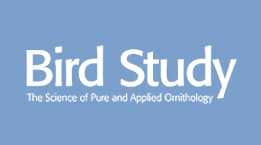Prey preferences and recent changes in diet of a breeding population of the Northern Goshawk Accipiter gentilis in Southwestern Europe
Capsule: Northern Goshawk Accipiter gentilis diet has changed significantly since the 1980s, probably due to changes in populations of preferred prey species.
Aims and methods: To assess changes to the breeding season diet of the Northern Goshawk in southwest Europe over three decades. We examined prey remains at and around nests and assessed avian prey availability using point count and line transect surveys.
Results: During 2008–11, Goshawks mainly ate birds, with Feral Pigeons Columba livia f. domestica being the most important prey species. Goshawks preferred prey of 100−400 g and forest prey species to non-forest species. Goshawk diet has changed significantly over recent decades: 22% of current prey items belong to species that were not part of the diet in the 1980s. We suggest that these dietary changes reflect changes in the abundance of prey species of the preferred size caused by changes in land use leading to an increase in forest cover, new prey species colonization and changes in the abundance and management of domestic prey.
Conclusion: This study emphasizes that major transformations occurring in agroforestry systems are affecting the main preferred prey of important forest predators, which may have consequences for conservation of both the predators and their prey.


